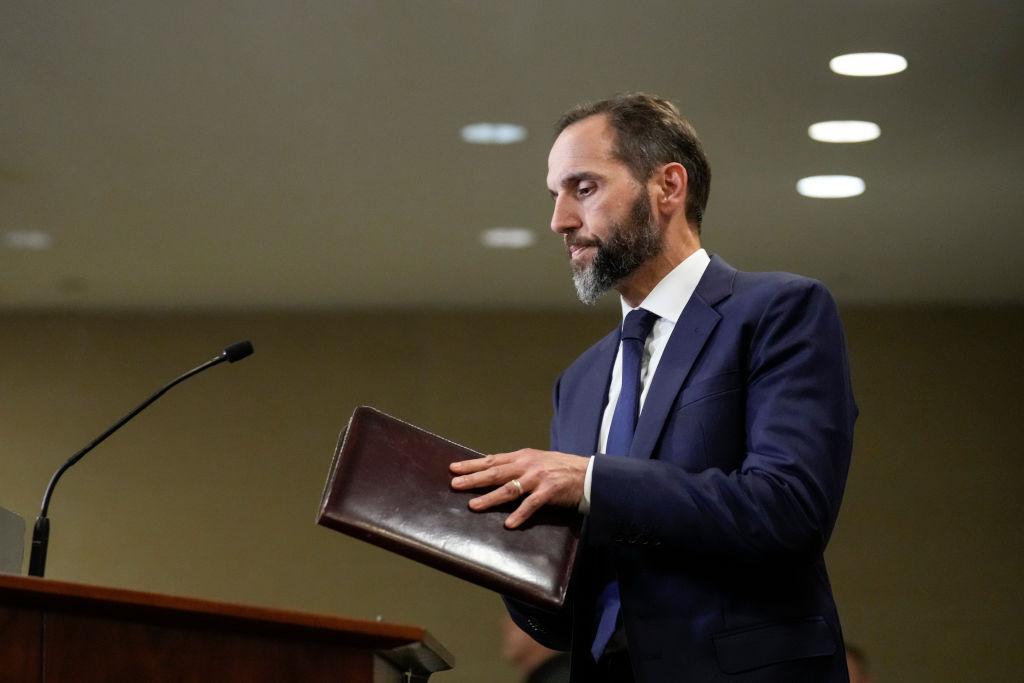Last week, judges in the appellate court of Washington, D.C., ruled that special counsel Jack Smith’s office could not have the phone records belonging to Rep. Scott Perry (R-Pa.), which the FBI had seized.
“Representative Perry’s conversations with other Members concerned the passage of proposed legislation as well as the exercise of the constitutional duty to certify the electoral votes from the 2020 election. These communications were privileged,” wrote Judge Neomi Rao in the Sept. 5 opinion unsealed on Sept. 13 (pdf), ruling that the district court had incorrectly withheld privilege previously.





